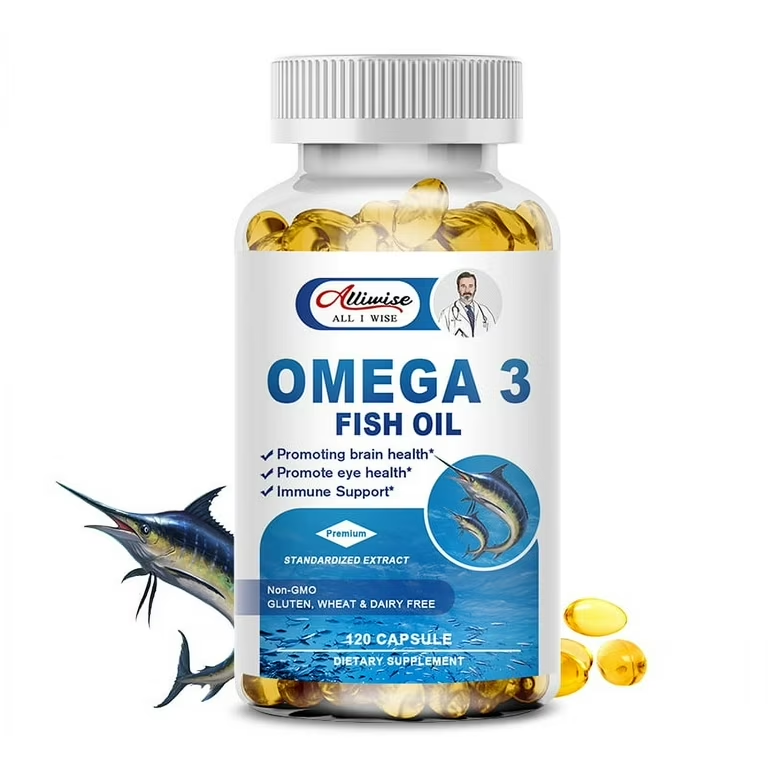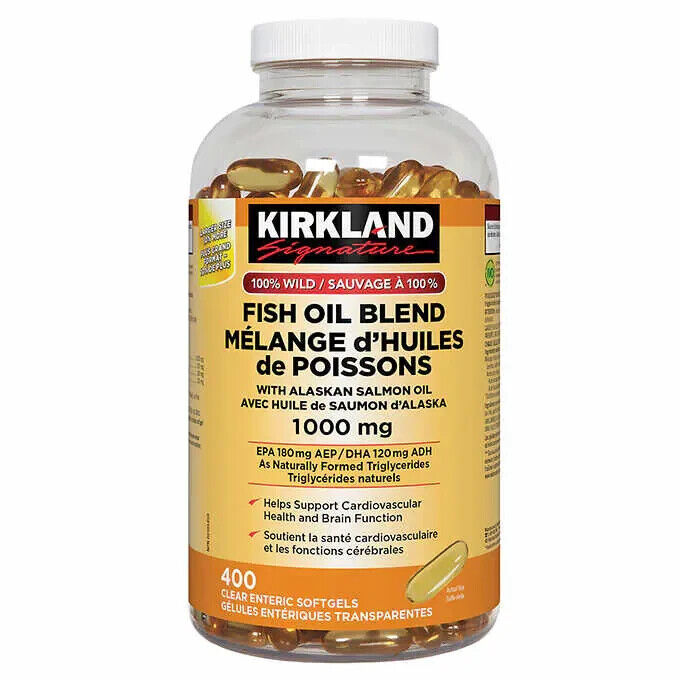
Krill Oil Versus Fish Oil: Which Offers Superior Omega-3 Benefits?
Introduction to Omega-3 Fatty Acids
Omega-3 fatty acids are vital for health. They support the heart, brain, and overall wellness. Krill oil vs fish oil: Our bodies cannot make them. So, we must get them through diet or supplements.
Sources of Omega-3s: Krill Oil and Fish Oil
Krill oil and fish oil are top sources of omega-3s. Krill oil comes from Antarctic krill, small crustaceans. Fish oil comes from fatty fish like salmon and mackerel. Both offer EPA and DHA, key types of omega-3s.
Key Differences Between Krill Oil and Fish Oil
Krill oil vs fish oil: while similar in their omega-3 content, exhibit distinct differences in their source, composition, absorption qualities, cost, and accessibility.
Source and Composition
Krill oil is derived from Antarctic krill, small crustaceans found in the ocean. Fish oil is obtained from fatty fish such as salmon, mackerel, and anchovies. The fundamental difference in the source leads to variance in their nutritional makeup. Krill oil not only provides EPA and DHA but also includes a red pigment antioxidant known as astaxanthin. Fish oil, while abundant in omega-3s, lacks this particular antioxidant.
Absorption and Bioavailability
A key aspect where krill oil stands out is its structure of omega-3 fatty acids. In krill oil, EPA and DHA are bound to phospholipids, making them potentially more absorbable by the body. Fish oil omega-3s are typically in triglyceride form, which may not be utilized by the body as effectively. However, studies on this matter offer mixed results, indicating a need for further research.
Cost and Accessibility
When comparing the cost, fish oil generally comes out as a more economical option than krill oil. This is due in part to the less complex harvesting and processing required for fish oil. In terms of availability, fish oil supplements are more widely accessible in stores and online, offering consumers a variety of choices. Krill oil, while available, may not be found as easily and often comes at a higher price point.
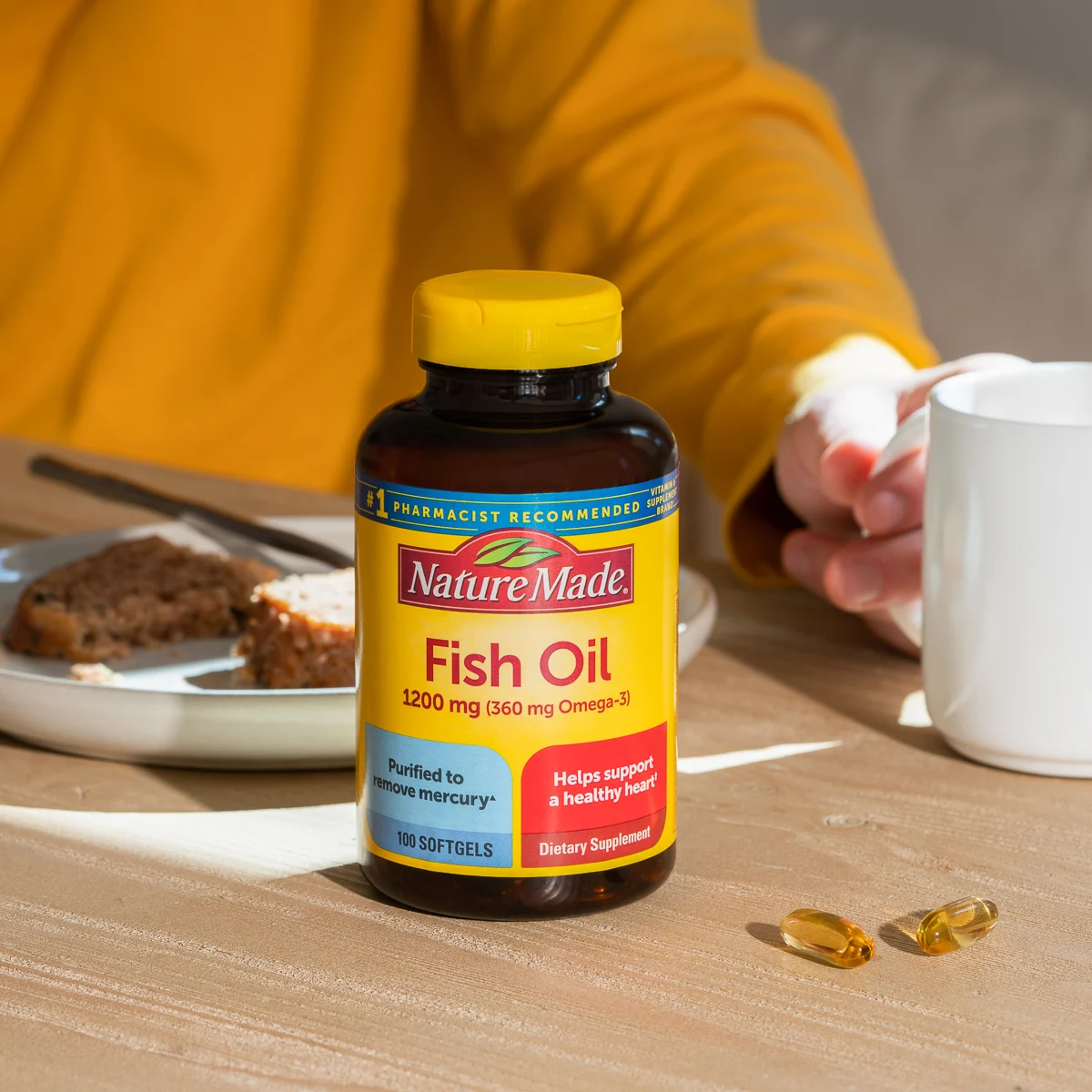
Health Benefits of Krill Oil
Krill oil vs fish oil: Krill oil has unique health benefits, thanks to its particular composition.
Enhanced Absorption of EPA and DHA
Krill oil’s omega-3 fats are bound to phospholipids. This may make them easier to absorb than fish oil’s omega-3s in triglyceride form. Studies suggest krill oil could be more effectively used by the body, though more research is required.
Antioxidant Properties of Astaxanthin
Krill oil contains astaxanthin, a potent antioxidant. Astaxanthin may protect the body and support heart health.
Potential for Better Heart Health Outcomes
Some research indicates krill oil may enhance heart health more than fish oil. It might reduce bad cholesterol and triglycerides. However, this research is not conclusive and more studies are needed.
Health Benefits of Fish Oil
Fish oil is celebrated for its numerous health benefits.
Proven Effects on Heart Health
Fish oil benefits heart health significantly. It can reduce triglyceride levels and improve cholesterol profiles, lowering the risk of heart disease. Omega-3s in fish oil help maintain healthy blood pressure and prevent artery blockage.
Broad Accessibility and Lower Cost
Fish oil supplements are widely available and affordable. They are found in many stores and online platforms, making them accessible to a broad audience. The cost of fish oil supplements is generally lower than krill oil, making it a budget-friendly option.
Well-Researched and Trusted Option
Fish oil is a well-researched omega-3 source. Numerous studies support its benefits for heart health, brain function, and more. Due to extensive research, fish oil is a trusted supplement recommended by many health professionals.
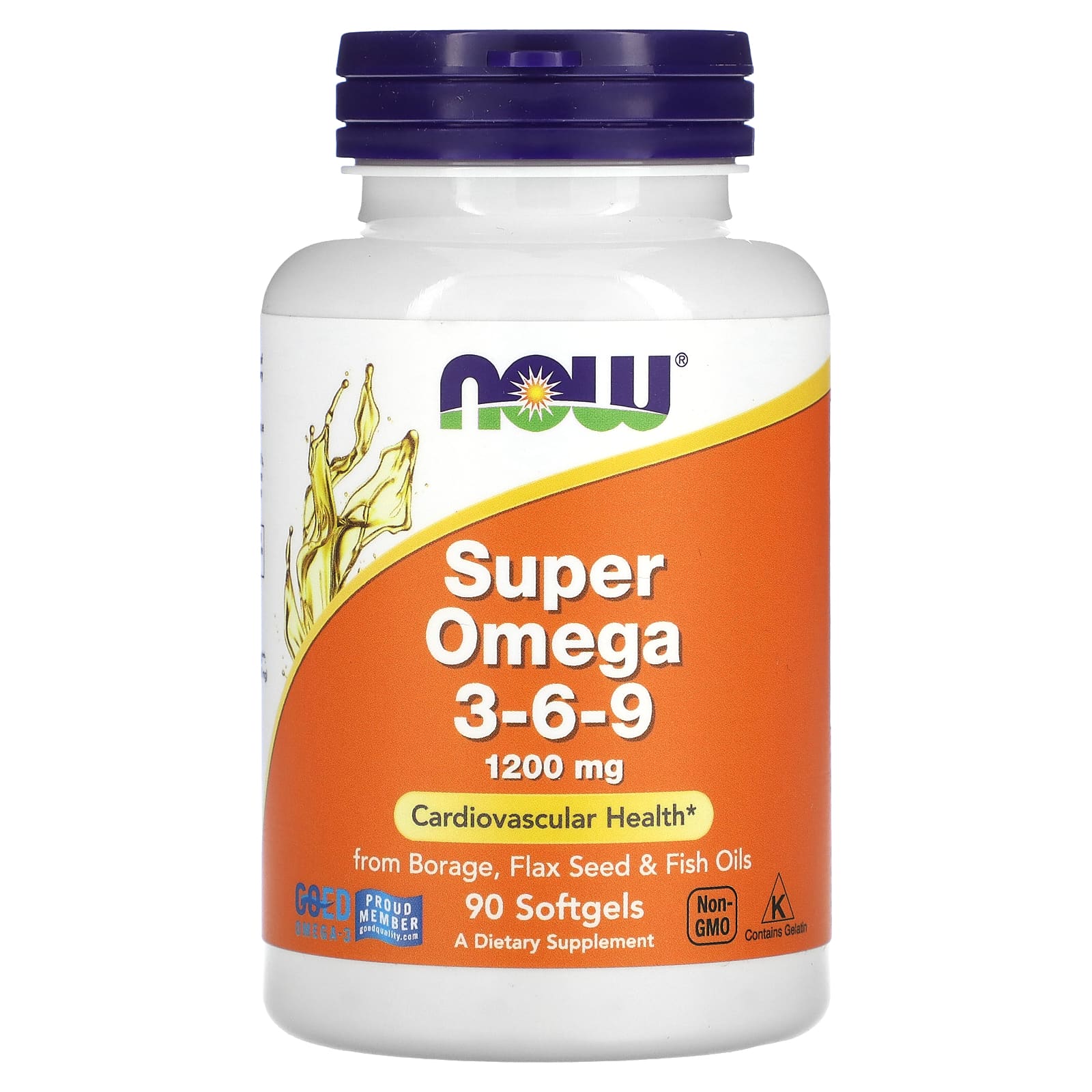
Comparative Studies: Krill Oil vs Fish Oil
When choosing between krill oil and fish oil, it’s essential to consider comparative studies. These studies reveal essential details about the effectiveness and benefits of each supplement.
Similarities and Differences in EPA and DHA Levels
Both krill oil and fish oil contain omega-3 fatty acids EPA and DHA. However, the levels of these fatty acids can vary depending on the source. Krill oil typically has a lower dose, yet some claim it’s more effective due to phospholipid binding. Fish oil generally offers higher quantities of both EPA and DHA in triglyceride form.
Krill oil supplements sometimes have added antioxidants and phospholipids that increase the price. Fish oil provides a cost-effective way to increase omega-3 intake without additional compounds.
Studies on Absorption and Effectiveness
Studies comparing krill oil to fish oil focus on absorption and effectiveness. Some research suggests krill oil’s phospholipid-bound omega-3s are absorbed more readily. Yet, this evidence isn’t conclusive, with other studies indicating no significant difference.
Fish oil, being more researched, has demonstrated reliable benefits for heart and brain health across numerous studies. People can trust its well-documented effects. Krill oil, while promising, still requires more research to fully understand its advantages over fish oil.
In summary, both krill oil and fish oil offer omega-3 benefits, but their absorption and effectiveness might differ. More conclusive research is needed to determine the superior supplement for omega-3 intake.
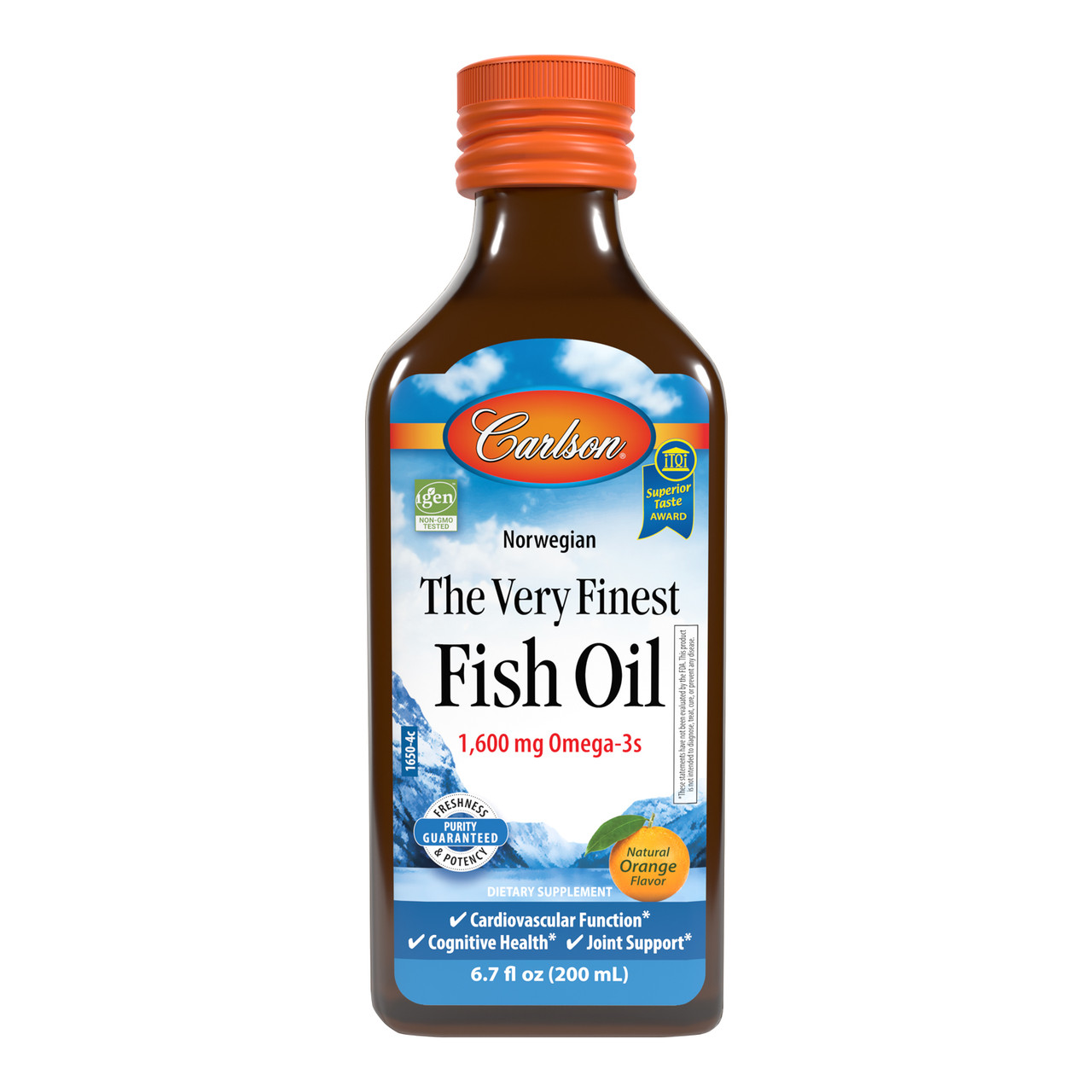
Sustainability and Environmental Impact
Sustainability plays a critical role in choosing omega-3 supplements. Both krill oil and fish oil have different environmental considerations.
Krill Oil: Concerns Over Harvesting
Krill harvesting raises concerns due to ecosystem disruption. Declines in krill populations can affect marine life that relies on krill as a food source. Sustainable fishing practices are essential to minimize impact. Some retailers, recognizing these concerns, have stopped selling krill oil products.
Fish Oil: Abundance and Eco-friendly Options
Fish oil comes from more abundant sources like salmon and mackerel. It’s possible to source fish oil sustainably. Certification programs ensure eco-friendly harvesting. Brands can demonstrate commitment to the environment through these certifications. Consumers can look for these labels to make responsible choices. Eco-friendly fish oil offers a sustainable option to meet omega-3 needs.
Recommendations and Precautions
When choosing between krill oil and fish oil, it’s crucial to consider individual health needs and talk to healthcare providers about the best options.
Considering Individual Health Needs and Allergies
Everyone’s health is unique, making personal dietary needs vary. Krill oil might be more beneficial for some, while others may see better results from fish oil. Notably, allergies play a significant role. Those with shellfish allergies should avoid krill oil, as it could cause severe reactions. Similarly, those with fish allergies must stay away from fish oil. Always check with a health professional to determine which supplement suits your health and dietary restrictions.
Discussing Supplementation with Healthcare Providers
Before adding any supplement like krill or fish oil to your diet, discussing it with a healthcare provider is imperative. They can help assess the potential benefits and risks based on your medical history and current health condition. This conversation is crucial for those on medications like blood thinners, as omega-3 supplements can affect blood clotting. Your provider can guide dosage and type to ensure safety and efficacy.

Side Effects and Considerations: What to Know
While both krill oil and fish oil offer numerous benefits, side effects exist. Understanding these potential issues helps consumers make informed decisions. Both types of oil may cause similar side effects, but their prevalence can differ.
Fish oil is known to cause gastrointestinal side effects in some individuals. Symptoms may include fishy aftertaste, nausea, or diarrhea. Additionally, high doses can increase the risk of bleeding, particularly in individuals taking blood-thinning medications. This necessitates caution when considering dosage.
Krill oil may also lead to gastrointestinal discomfort in some cases, but it is generally better tolerated. The phospholipid structure may contribute to fewer digestive issues. However, allergic reactions to shellfish could pose a significant risk for those allergic to similar marine life.
Before beginning any supplement, consulting a healthcare professional is advisable. This is particularly important for individuals with pre-existing medical conditions. This step can help identify potential interactions with medications and optimize health outcomes.
In conclusion, both krill oil and fish oil have potential side effects. Fish oil may cause more gastrointestinal issues, while krill oil is generally better tolerated. However, individual reactions can vary, and consultation with a healthcare provider is essential for safe supplementation.

Choosing the Right Supplement: Factors to Consider
When deciding between krill oil and fish oil, several factors come into play. These considerations influence individual preferences and needs. A thoughtful approach ensures the chosen supplement aligns with health goals.
First, consider the specific health benefits desired. Individuals focused on heart health may feel more confident with fish oil. Conversely, those seeking additional antioxidant support might lean toward krill oil. Evaluating personal health objectives can guide better choices.
Second, assess budget considerations. Krill oil typically costs more than fish oil due to its sourcing and extraction processes. For some individuals, the higher price may be justified by the improved bioavailability and additional benefits. Others may prioritize cost-effectiveness, opting for fish oil.
Conclusion: Weighing the Pros and Cons
In conclusion, krill oil and fish oil each offer unique benefits and drawbacks. Understanding the differences between these two supplements is vital for informed choices. Both oils provide essential omega-3 fatty acids, but the nutritional profiles vary.
Krill oil boasts superior bioavailability and antioxidant properties, thanks to astaxanthin. This advantage may lead to more efficient nutrient absorption and additional health benefits. On the other hand, fish oil has a well-documented track record for heart health. Extensive research underscores its benefits for cardiovascular well-being.
The environmental sustainability of both products also plays an important role. Consumer awareness regarding sourcing and ecological impacts is rising. Both oils require responsible sourcing to protect marine ecosystems. Choosing certified products ensures a commitment to sustainability.
Potential side effects must be considered. Fish oil may lead to gastrointestinal discomfort in some individuals. In contrast, krill oil generally exhibits better tolerance, though allergy risks exist. Consulting a healthcare professional is advisable before starting any new supplement.
